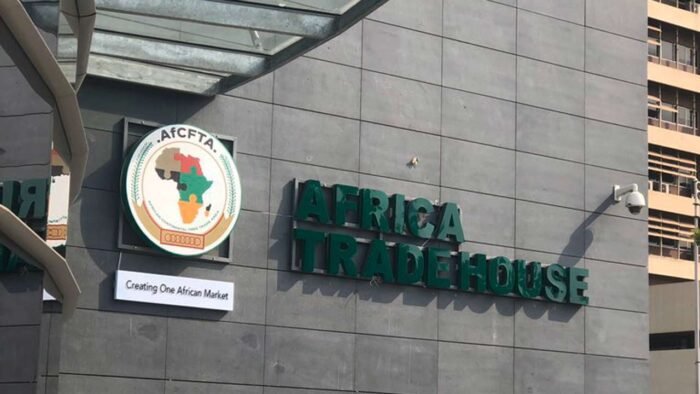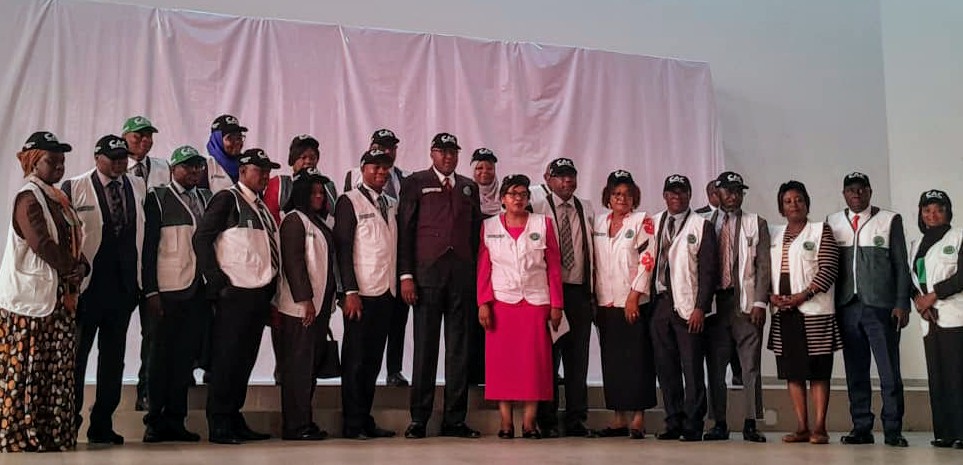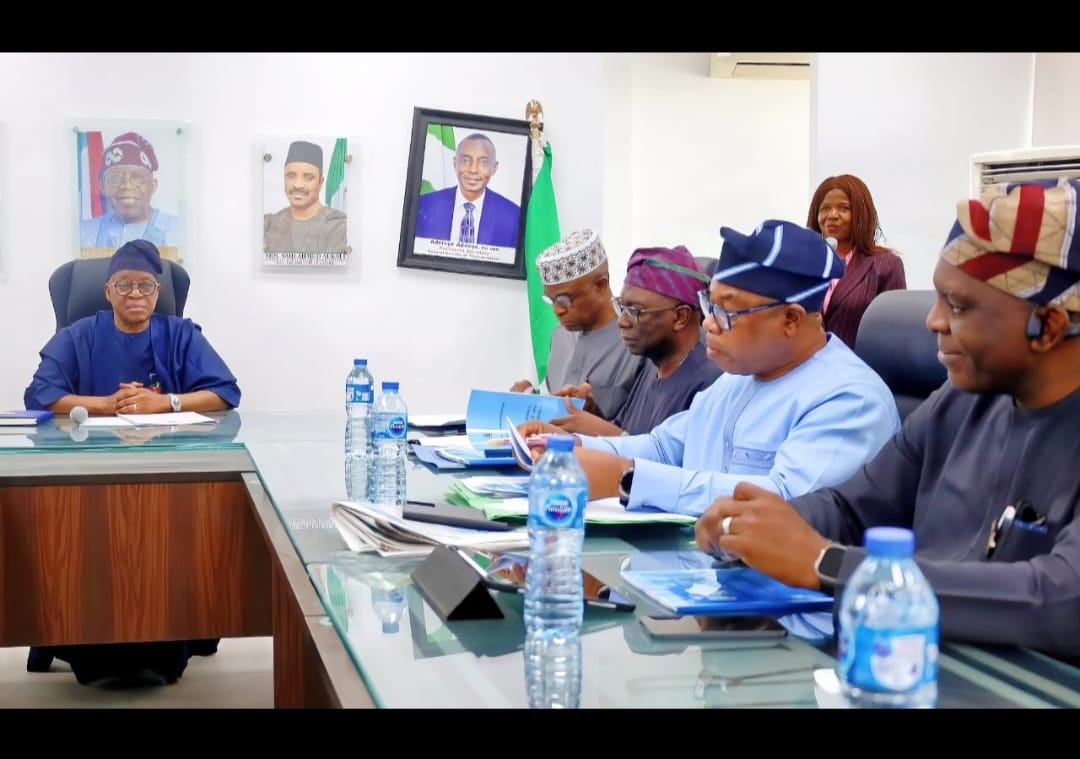By Salif Atojoko
The Independent Media and Policy Initiative (IMPI) says the economic policies of the Bola Tinubu administration will set new records in 2025 based on current trends in the economy.
The Chairman of IMPI, Dr Niyi Akinsiju, in a policy statement released on Sunday, said the group reached the conclusion after an analysis of the economy since the introduction of the Tinubu reforms 19 months ago.
It said the efforts of the Tinubu administration in 2024 yielded notable improvements in petroleum industry output inspite of mounting challenges.
“For instance, the local refining of petroleum and the complete deregulation of the downstream sector of the oil industry have led to price competition on petrol and made smuggling of petroleum products across the country’s borders unattractive.
“The approval of five oil asset sales and two Final Investment Decisions (FIDs) in 2024 also elicited positive feelings from foreign investors willing to do business in Nigeria’s energy sector,” said the group.
It added that in 2025, oil sector analysts projected that production would likely average 1.7 million barrels per day (bpd) and close the year at 1.78 million bpd.
“This optimistic outlook is underpinned by measures to address oil theft, including the implementation of the Advance Cargo Declaration regime by the Nigerian Upstream Petroleum Regulatory Commission (NUPRC).
“This initiative ensures that all exported crude oil and gas cargoes are uniquely identified, verifying the legitimacy of export documentation and reducing the theft of resources,” the group said.
To enhance crude oil production, it noted that the president signed three executive orders (EOs) in February 2024 aimed at improving the investment climate and positioning Nigeria as the preferred investment destination for the petroleum sector in Africa.
It also said the plan to hold a fresh oil licensing round in 2025 was focused primarily on handing out oil blocks that remained undeveloped.
“This is another fillip in the effort to hike crude oil production and raise crude reserves and production,” it said.
It said the Federal Government would accomplish its target to increase crude oil production to 2.06 barrels per day as proposed in the federal budget for 2025.
The group admitted that the naira lost a chunk of its value especially in 2024 when it depreciated by 40.9 per cent before appreciating in December.
It, however, said this had a domino effect in ensuring a trade surplus for the country, reflecting a strong contribution of the non oil sector for the first time in recent years.
“CBN data for October 2024 highlighted a positive trade performance driven by more substantial export earnings than imports.
“This reflects a third consecutive quarter of trade surplus in 2024.
“The trade surplus expanded to 2.21 billion dollars, up from 2.07 billion dollars in September.
“This improvement was fueled by a 3.51 per cent rise in total exports which increased to 5.02 billion dollars from 4.85 billion dollars the previous month,” said IMPI.
The group added that export growth was attributed to higher values in crude oil and non-oil products.
It said though crude oil and gas exports continued to dominate Nigeria’s export landscape, accounting for 87.74 per cent of total exports, non-oil exports recorded impressive growth.
Non-oil exports, it said , increased by 19.23 per cent to 0.62 billion dollars from 0.52 billion dollars in September.
“Higher export receipts for key agricultural commodities such as cocoa, beans, urea, sesame seeds, cocoa products, aluminium, and copper primarily drove this growth.
“Brazil emerged as the top destination for Nigeria’s non-oil exports, followed by the Netherlands, Malaysia, Japan, and Germany.
It said to highlight Nigeria’s growing export competitiveness in the global market, the Nigeria Customs Service (NCS) declared that it recorded an impressive total Cost, Insurance and Freight (CIF) value.
CIF,it said, rose to N136.65 trillion in exports in 2024 from N42.77 trillion in 2023.
It said this translated to 219.5 per cent increase, noting that the volume of exports surged from 3.70 billion kilograms in 2023 to 12.35 billion kilograms in 2024.
“The trade surplus, as recorded, reflects the impact of the depreciated naira on international trade.
“The depreciation of the naira in the official market boosted export values, energising export activities while making imports more expensive.
”This has contributed to an improved trade balance,” IMPi added.
This, the group said, also helped enhance inflows into the Federation Account and paved way for increased disbursements to all the tiers of government, especially in Q3 2024.
It said: “The third quarter of 2024 recorded more money flowing into Nigeria’s Federation Account, which grew to N6.86 trillion.
”A CBN economic report showed a 7.48 per cent increase from the previous quarter.
“The extra money came mainly from increased Company Income Tax (CIT) and Value-Added Tax (VAT).
” We note with interest that most of the money came from non-oil sources, which brought in N5.56 trillion, while oil revenue made up the rest.”
The IMPI said the increase in revenue was due to higher receipts from corporate tax and VAT, which accounted for 81 per cent of the inflow into the Federation Account.
IMPI added that the ongoing rebasing of Nigeria’s Gross Domestic Product (GDP) would further show the resilience of the economy.
It also said it indicated a more diversified and dynamic economic landscape under President Tinubu. (NAN) (www.nannews.ng)
Edited by Mufutau Ojo














